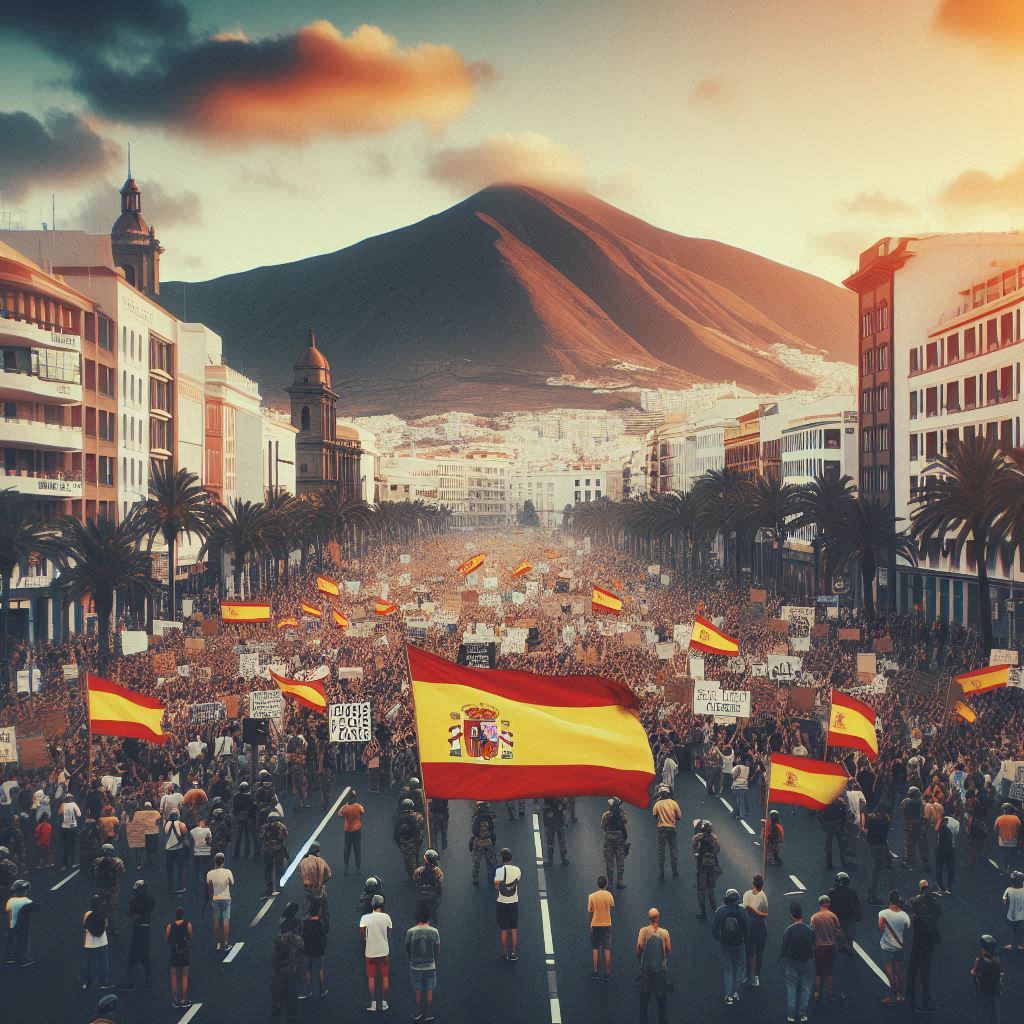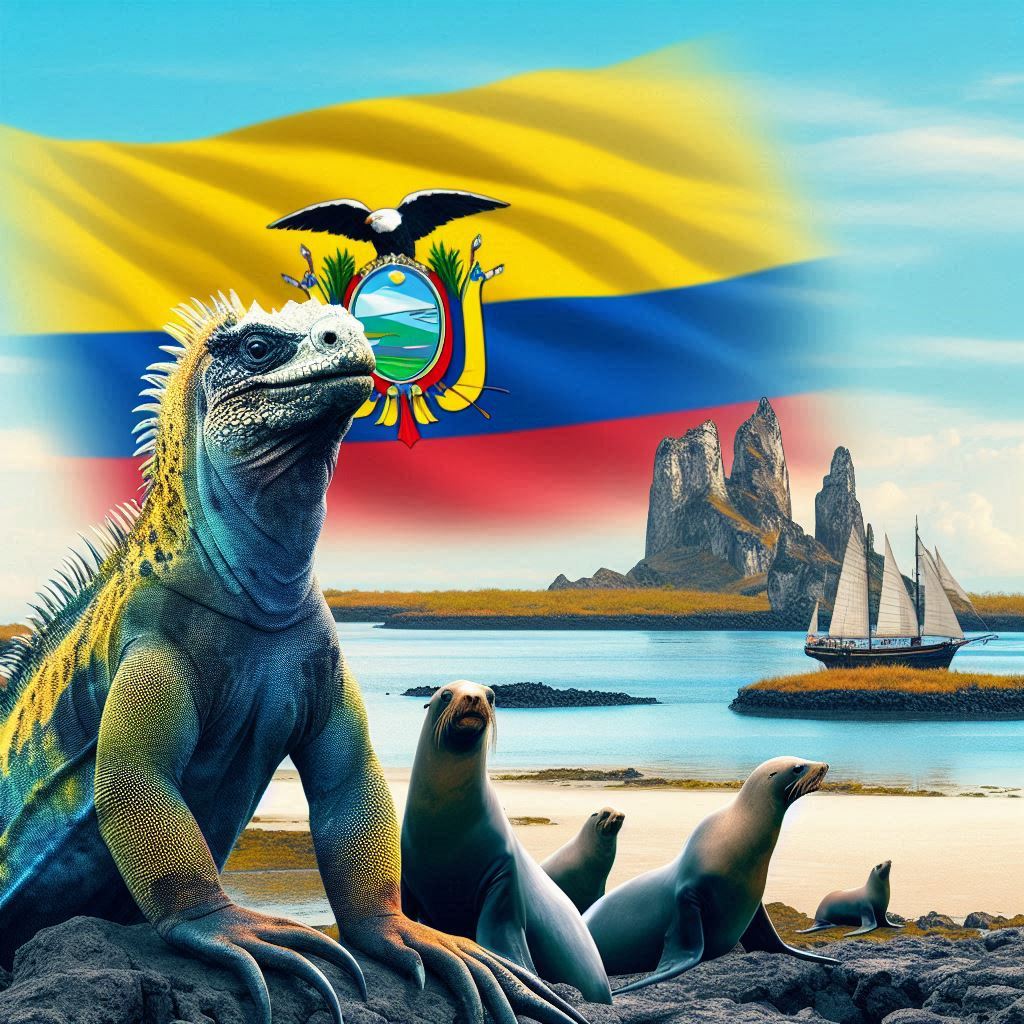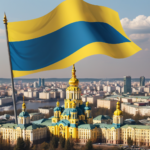
The Canary Islands, a popular tourist destination off the coast of northwest Africa, are bracing for widespread protests this weekend, fueled by growing frustrations over environmental degradation and rising living costs. Activists, environmental groups, and local residents are expected to converge in key cities across the archipelago, including Las Palmas and Santa Cruz de Tenerife, to voice their concerns about the impact of rapid urban development, unchecked tourism, and government policies that are seen as neglecting the well-being of local communities.
Root Causes of the Protests
The protests have been sparked by a series of interconnected issues, primarily centering around the environmental and economic pressures facing the islands. One of the major concerns among locals is the strain on natural resources, particularly water and energy, exacerbated by mass tourism. The Canary Islands, known for their stunning landscapes, diverse ecosystems, and year-round mild climate, have become a magnet for millions of visitors annually. While tourism drives much of the islands’ economy, it has also led to environmental degradation, with increased pollution, waste, and unsustainable use of resources.
Local environmental groups argue that the government’s policies have prioritized short-term economic gains from tourism over long-term environmental sustainability. For example, the island of Lanzarote, famous for its volcanic landscapes and unique ecosystems, has seen a surge in construction projects aimed at accommodating more tourists. Activists fear that the delicate balance between nature and development is being jeopardized, with irreversible consequences for the islands’ biodiversity.
Furthermore, rising energy costs, exacerbated by global inflation and fuel price hikes, have also become a focal point of the protests. The Canary Islands’ reliance on imported energy has made them particularly vulnerable to fluctuations in global markets. Residents have been increasingly vocal about the high cost of living, which has risen sharply in recent years, driven by soaring rents and energy prices. Many locals feel that the government has not done enough to shield the population from these economic challenges, further fueling dissatisfaction.
Government Response
The regional government of the Canary Islands has acknowledged the concerns of the protesters but has called for calm ahead of the demonstrations. In a statement earlier this week, Canary Islands President Ángel Víctor Torres said, “We understand the frustration and grievances of our citizens. We are working hard to balance the needs of economic growth with environmental protection. We also recognize the challenges that rising costs pose for residents, and we are committed to finding solutions.”
Torres emphasized that the regional government has taken steps to promote more sustainable tourism practices and reduce the islands’ dependency on fossil fuels by investing in renewable energy projects. However, critics argue that these measures have not gone far enough, and they point to delays in implementing key environmental policies. For instance, plans to increase the use of renewable energy sources, such as wind and solar, have been slow to materialize, leading to further dissatisfaction.
Local political leaders have expressed concern that the protests could disrupt the islands’ important tourism industry, which contributes nearly 35% of the region’s GDP. They have urged protest organizers to ensure that demonstrations remain peaceful and avoid interfering with businesses and travelers.
Environmental and Social Movements
Several environmental and social justice movements have been at the forefront of organizing this weekend’s protests. Groups like Ben Magec – Ecologistas en Acción, a leading environmental organization in the Canary Islands, have been vocal in their opposition to what they describe as the “over-touristification” of the islands. In a recent statement, the organization called on the government to “immediately halt unsustainable development projects and invest in green infrastructure that prioritizes the environment and the well-being of residents.”
Additionally, trade unions and other social organizations have joined forces with environmental activists to address broader economic concerns. The rising cost of housing, exacerbated by an influx of foreign investors buying vacation properties, has left many locals unable to afford homes. Rental prices in cities like Las Palmas and Santa Cruz de Tenerife have surged, pushing some families into precarious living situations.
Protest Plans and Expectations
Organizers expect thousands of people to participate in the demonstrations, with marches planned for Saturday and Sunday. Participants are expected to carry banners and signs calling for a “Green Future” for the islands, while others will focus on demanding economic reforms to alleviate the pressure on working-class families.
While the protests are anticipated to be largely peaceful, local authorities have increased their police presence in major urban areas to ensure public safety. Several roads may be closed, and disruptions to public transportation are expected throughout the weekend.
For the Canary Islands, these protests represent a growing tension between the demands of a flourishing tourism industry and the urgent need to protect the natural environment and the interests of local residents. As the world increasingly grapples with climate change and economic inequality, the outcome of these protests could have wider implications for how regions like the Canary Islands balance development with sustainability.









